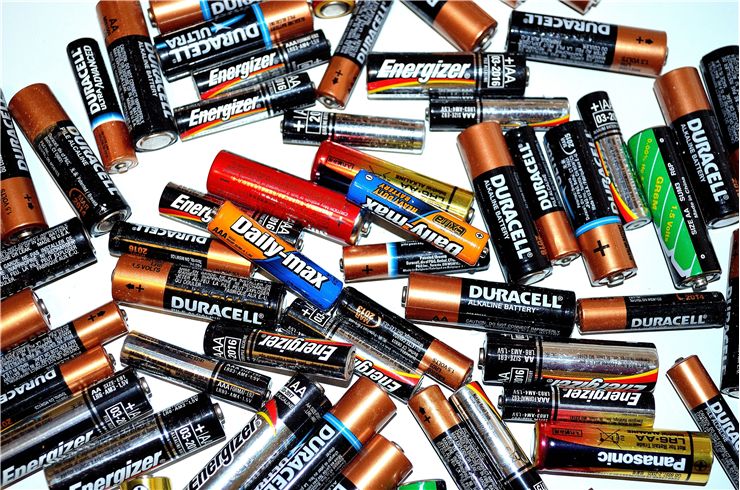Battery Hazards - Safety Tips - Health Concerns with Batteries
Batteries are made from materials and components that can over time dissolve, loose their consistency, and cause significant problems to the not only equipment they come in contact, but also people and nature. Almost all build materials of battery cells are highly toxic materials that can seriously endanger health of humans, animals and plants, causing even more problems if they can leak into the nature and pollute soil and water, and much more.
Battery hazard types:
- Toxic materials – Majority of batteries used today all over the world are made from highly toxic and dangerous materials that include mercury, cadmium and lead. These materials can ruin health, even kill people who come in direct contact with them, and pollute ground and water very easily.
- Leakage – Because of the unstable nature of the materials inside batteries, they can often corrode inner and outer protection layers of the battery (especially if they are not stored properly so that outside influence can increase deterioration of the protection).
- Swallowing – Because batteries are made in many forms and sizes, the smaller one can potentially be swallowed unintentionally by both adults and small children. If eaten they can cause significant damage to digestive tissue, ranging from discharging electricity that can damage tissue, becoming lodged in the esophagus, or even perforation of the battery protective casing that can release their poisonous material.
- Speed of charge/discharge – If batteries are charged too quickly, or charger device does not recognize that the battery is full and pushes too much current into them, batteries can be ruined.
- Corrosion – Spontaneous corrosion of the internal parts of the battery may cause not only leakage, but also partial or complete performance drop of the effectiveness of the battery.
- Environmental impact – Batteries that are thrown in garbage all eventually become toxic waste, with ability to seriously endanger natural environment. Zinc that is present in a battery of the average smartphone have enough destructive potential to pollute 600 thousand liters of water.
